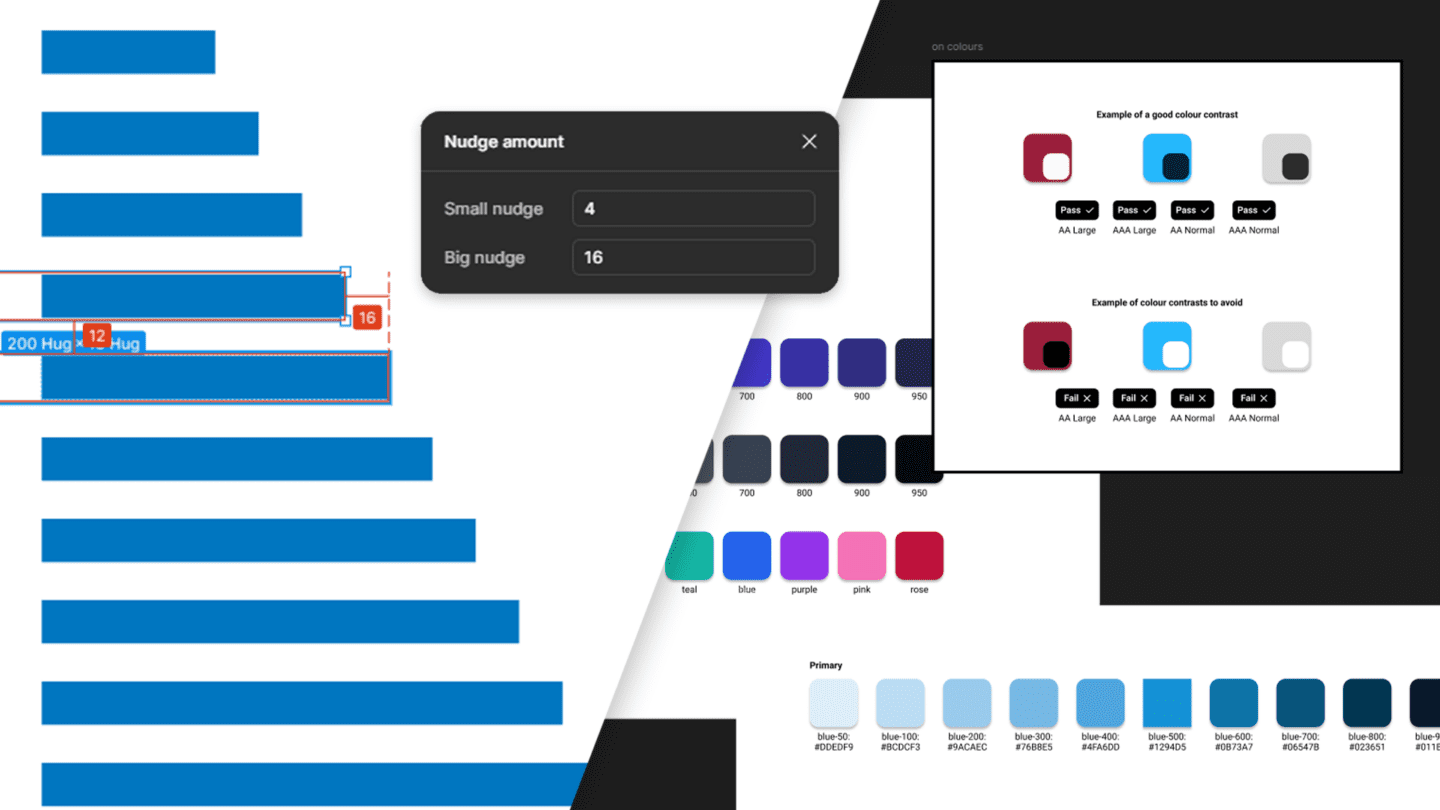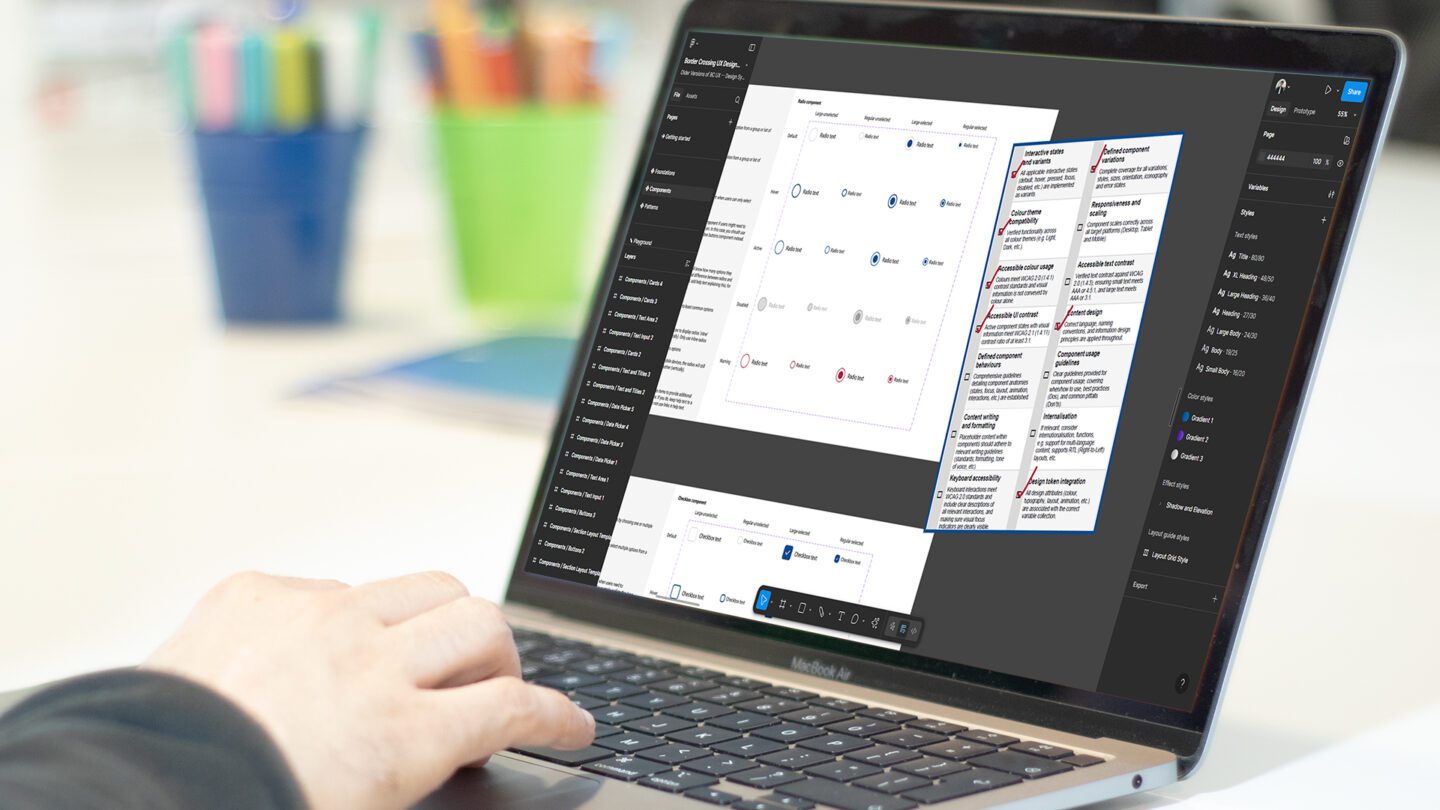Here’s a round up of the user research we’ve come across recently. If you’re interested in the latest user research insights, click on the “continue reading” link below.
Rethinking Segmentation for the New Digital Consumer (Knowledge @ Wharton)
It used to be assumed that people exhibited predictable behaviours in their public and private lives based on their socio-demographics, allowing firms to use classic segmentation for targeted interactions. Those models are no longer sufficient. New digital personas can be characterised along two important dimensions: digital capability and trust.
“Using trust and capability as the core drivers of digital behaviour, we have mapped out six digital user segments (shown below) to capture the new interaction models we expect to see and estimated the distribution across the general consumer population. These digital segments transcend traditional industry boundaries as people adopt behaviours across a range of settings and selectively apply those same behaviours in different settings depending on their level of trust and sophistication.”
Are We Viewing Consumer as Human? (Huffington Post)
This short post on the rise of ethnography is well worth a read:
“Underneath all the shopping, online searching, and purchasing is a human being who takes a particular action for very personal reasons. Those reasons maybe based on a response to advertising or a referral from a trusted influencer, but it is just as likely that there is something that is engrained in their consciousness as a member of a particular cultural group. Marketing success comes from uncovering cultural differences and comprehending how those differences impact a brand or product. Many companies have started moving away from the numbers and statistics by utilising anthropological and ethnographic research for their marketing and management teams.”
The 5 Components of a Good Hypothesis (Product Talk)
It’s easy to give lip service to experimentation and hypothesis testing. But if you want to get the most out of your efforts, make sure you are starting with a good hypothesis.
What user researchers do when they’re not researching (GDS)
The Government Digital Services (GDS) have discovered that their user researchers are only actually researching about 30% of their time. This isn’t a surprise to us as we know just how long it takes to prepare for research let alone communicate our findings effectively. That said, as this excellent post points out:
“Whilst it is our job to understand end users and how they interact with our service, we think our most important job is this: to make sure that everyone in our team understands end users with the same empathy, accuracy and depth as we do.”
That’s why the GDS ensures it user researchers are embedded in a team at least 3 days a week. In their own words, “it’s a different approach to research than most are used to, but in agile projects, we’re finding it’s the only way that works.”
Designing assisted digital based on research, not assumption (GDS)
Another post from the Government Digital Service (GDS) on how their principles really do guide the way the way that they work.
“Our job at GDS is to make sure that before they go live, services have the right support in place for those that need it – and that this support is designed based on research and testing with real users.”
Read this post to learn more about the GDS approach to understanding their user’s needs.
Next week’s links
Next week we’ll be sharing some of the user experience strategy resources we’ve come across and bookmarked lately.
Get our weekly round-ups delivered straight to your inbox
Sign-up for our email newsletter and get all our posts by email as soon as they’re published.


